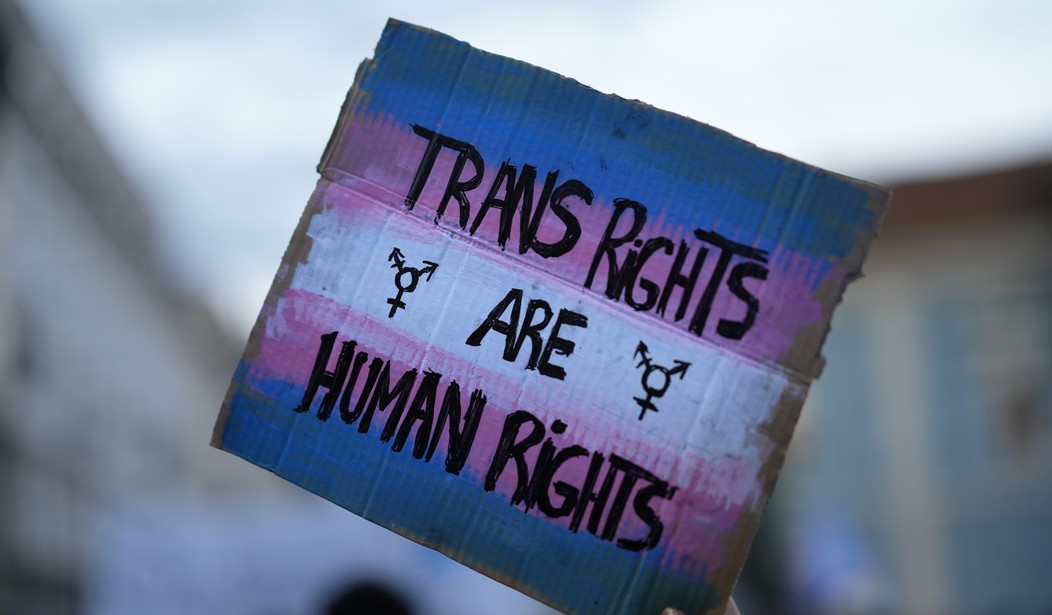In March, the city of Palm Springs, California, announced it would give universal basic income to transgender and nonbinary residents beginning sometime over the next year. Another California city announced this week it would funnel millions of dollars into ending homelessness specifically for transgender and "gender non-conforming" individuals.
San Francisco will reportedly spend $6.5 million to end homelessness for transgender people, Mayor London Breed announced Tuesday.
According to a press release from the mayor's office, there are approximately 400 transgender and gender "non-conforming" homeless individuals in San Francisco currently. The plan aims to reduce this significantly by 2027.
"Transgender, non-binary, and gender nonconforming San Franciscans are eighteen times more likely to experience homelessness compared to the general population, and we know that the rates are even higher for our minority trans communities," Breed said in a press release. "With one of the largest TGNC populations in the country, we not only must ensure that all San Franciscans have access to housing and essential resources through continued investments, but we can show the country that we continue to be a leader on supporting and protecting our trans communities."
Outlined in the press release was an initiative to spend $6 million over two years "dedicated to fund short-term rental subsidies, flexible financial assistance, and support to build capacity among non-profit providers serving TGNC residents." An additional half-million will be used to fund behavioral health services for these individuals.
Recommended
"The principle of ending trans homelessness by 2027 means that the existing trans homeless community would be stabilized and housed over the next five years, and any future trans people that become homeless would have the resources and support to get them housed quickly, making any instance of homelessness brief and rare," the release stated.
In an interview with Fox News this week, California gubernatorial hopeful shredded Breed's plan, calling it "unethical" and possibly "illegal."
"It's not only totally unethical to discriminate against who gets shelter or medical treatment since the vast majority of homeless people on the streets are either addicted to hard drugs or suffering mental illness, it may be illegal," Shellenberger told "America's Newsroom."

























